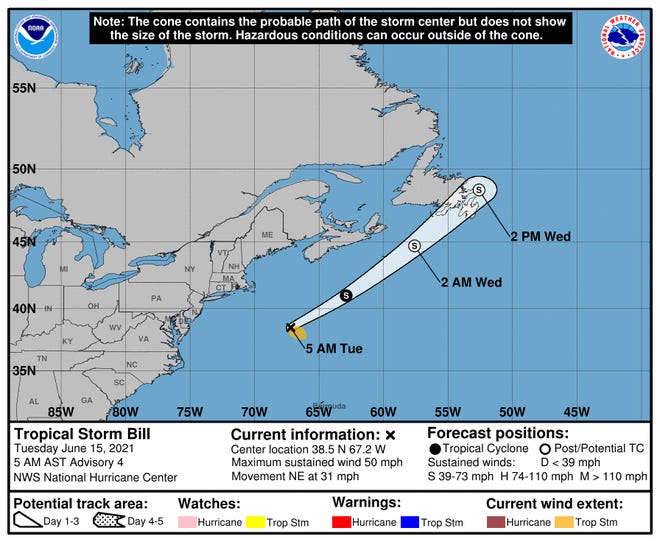
In efforts to introduce authenticity to online dating, Tinder has rolled out a new feature called "Blind Date," which pairs swipers up for a chat before they're able to view each other's profiles.
"Inspired by the OG way to meet someone new, usually at the hand of a meddlesome aunt or well-meaning friend, Blind Date gives the daters of today a low-pressure way to put their personality first and find a match they truly vibe with," Tinder said.
People on Tinder who try out this feature will answer a series of icebreaker questions like “It’s OK to wear a shirt ____ times without washing it” and “I put ketchup on____.” Based on their responses, users will get matched and see the responses of their potential match. They will then get placed in a timed chat, after which they can choose to match with the other person or not. If both people swipe right, then their profiles will be revealed, including their photos.
Tinder says early tests of the "Blind Date" feature, which rolled out Thursday, have led to 40% more matches than those who used Tinder's "Fast Chat" feature that include images from people's profiles, suggesting that people might be willing to pair with others based on personality that they might have originally overlooked. Whether seeing the person's profile changed the person's mind and whether the feature leads to more dates is still unknown.
Boosted matches for the vaccinated: Tinder, Match, Bumble and other dating apps to offer boost to singles who got vaccinated
This is the latest move by dating apps to appeal more to Gen-Z, who value authenticity and novelty in dating apps.
Founded in 2012, Tinder became the ultimate millennial app for dating and continues to be the market leader with 7.8 million users as of 2022, according to Business of Apps, a site dedicated to analysis of app businesses.
However, Tinder has been given a run for its money by apps such as Bumble, which boasts 5 million users in the United States as of 2022, according to Business of Apps. Bumble is a female-driven app, which only allows women to send the first message and includes more information about people's personalities and interests.
The "Blind Date" feature might also help address discrimination faces on dating apps faced by different racial and ethnic groups.
A study published in 2018 by Cornell researchers showed that while dating platforms gave people unprecedented access to more socially diverse matches, it can also perpetuate "sexual racism" by discriminating against certain groups.
Michelle Shen is a Money & Tech Digital Reporter for USA TODAY. You can reach her @michelle_shen10 on Twitter.
Source link








